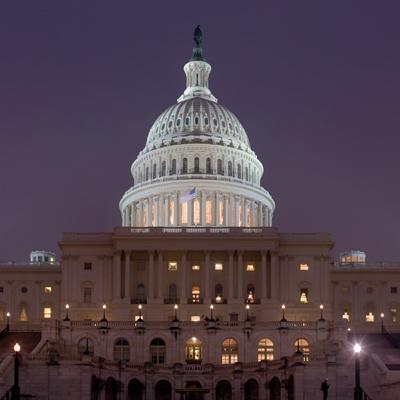The study of public policy is a comprehensive exploration of the politics and mechanisms that shape policy formulation and execution, coupled with an assessment of their effects on society’s welfare and quality of life. Students who choose to major in public policy engage with a broad range of topics, including governmental policies impacting areas such as children and families, crime prevention, democratic processes, educational systems, environmental conservation, financial sectors, social inequality, public health initiatives, market regulations, and workplace dynamics, among others.
The major’s distinctive strength lies in its cultivation of robust theoretical frameworks, rigorous quantitative analysis skills, critical analytical thinking, strategic planning abilities, and the application of these skills to address real-world policy challenges. These competencies are highly sought after in both government and private sector settings, and our graduates are equipped to navigate complex policy landscapes and drive positive social change.
The public policy major is administered through the Cornell Jeb E. Brooks School of Public Policy, while the public policy minor is administered through the Department of Government.
